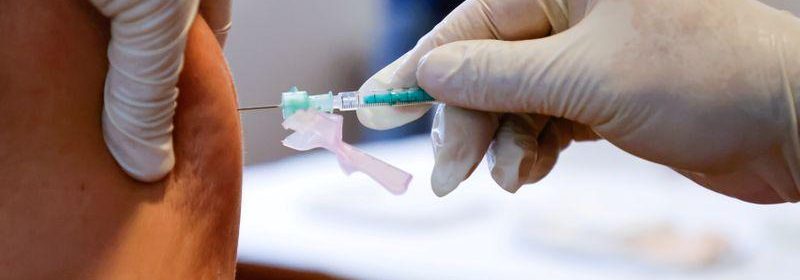Exclusive: Berlin earmarks 9 billion euros to buy COVID-19 shots for Germans and EU

BERLIN (Reuters) – Germany is planning to spend nearly 9 billion euros ($10.9 billion) this year to help procure up to 635.1 million COVID-19 vaccination shots for its population and other EU member states, a finance ministry document seen by Reuters showed on Tuesday.
Delays to the EU’s relatively slow vaccine roll-out and concern about new coronavirus variants are making it harder for European governments to ease current pandemic restrictions. The problems have led to some tensions between Brussels and Berlin.
Finance Minister Olaf Scholz’s deputy Bettina Hagedorn proposed to lawmakers in a letter that they should approve a request by Health Minister Jens Spahn for an additional 6.22 billion euros to buy more doses, according to the document.
This comes on top of 2.66 billion euros already earmarked in the 2021 budget.
The additional spending plans come after Scholz said last week he was angry that more COVID-19 vaccines were not ordered last year at a European level while EU chief executive Ursula von der Leyen renewed her defence of the European Commission’s record on rolling them out.
A coalition source told Reuters the Bundestag lower house of parliament’s budget committee was expected to approve the additional spending on Wednesday.
The Health Ministry will use the total funds of 8.89 billion euros to buy up to 635.1 million vaccine doses as part of the European Union’s joint procurement plans and Berlin’s national scheme, the document said.
All EU member states have agreed to procure vaccines under the bloc’s plan.
“For the federal government, obtaining COVID-19 vaccines is of fundamental importance to get the pandemic under control,” Hagedorn told lawmakers in the letter.
“In addition, a broad portfolio (of vaccines) is required so that Germany will have effective vaccines with enough vaccine doses for the various population groups, also in the case that not all vaccines are approved,” she added.
($1 = 0.8258 euros)
Source: Read Full Article
